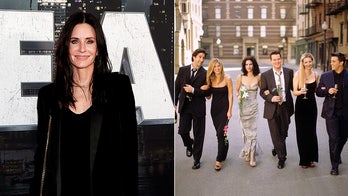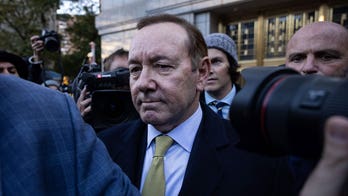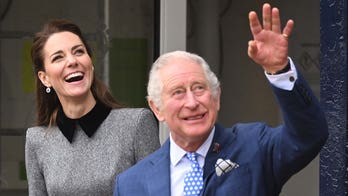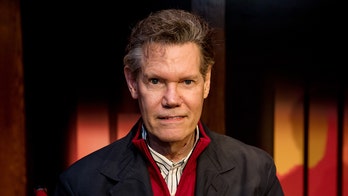Steven Spielberg’s “War Horse” is an imperfect film, but certainly is a beautiful one.
Joey the horse is the titular character. We follow the steed from birth through his forced enlisting into the British army. Joey has a harrowing journey through the war, getting captured and used by the Germans, and befriended by the French along the way. Meanwhile, his young owner Albert joins the army, determined to find and reconnect with his horse.
Though based on stage play, Spielberg treats the film as a grand golden-aged Hollywood spectacle. It is obvious he was inspired by two of his favorite directors – John Ford and David Lean. The pre-war scenes have a very familiar Ford-like quality, reminiscent of the John Wayne classic “The Quiet Man.” Once the war arrives, Spielberg brings in hordes of extras for choreographed, sweeping battle scenes reminiscent of “Lawrence of Arabia” or “Doctor Zhivago.”
For all of its beauty, “War Horse” is a bit emotionally stilted. We are never with a single character for more than 10 or 15 minutes at a time as Joey is ushered from one part of the war to the next. There’s little time to bond with the characters, so when the sad parts come, your eyes may be dry.
The pre-war scenes come off as operatic and fake compared to the more impressive, grittier second half. Spielberg often infuses eye-rolling humor into his stories where it doesn't fit, jolting you out of the drama. He does this a lot in the first half of the film, which is distracting.
“War Horse,” though, is beautifully shot. Janusz Kaminski’s cinematography is jaw-dropping, from the exquisite sprawling green hills of the English and French countrysides to the charred and chaotic No Man’s Land. Equally beautiful is John Williams’ bold and epic score, which brings majesty and flight to Joey’s adventure. With his music, Williams fills in the emotionless gaps that litter portions of the film.
“War Horse” is the least subtle drama of the year, but it will be very difficult not to get wrapped up in Joey’s story.






